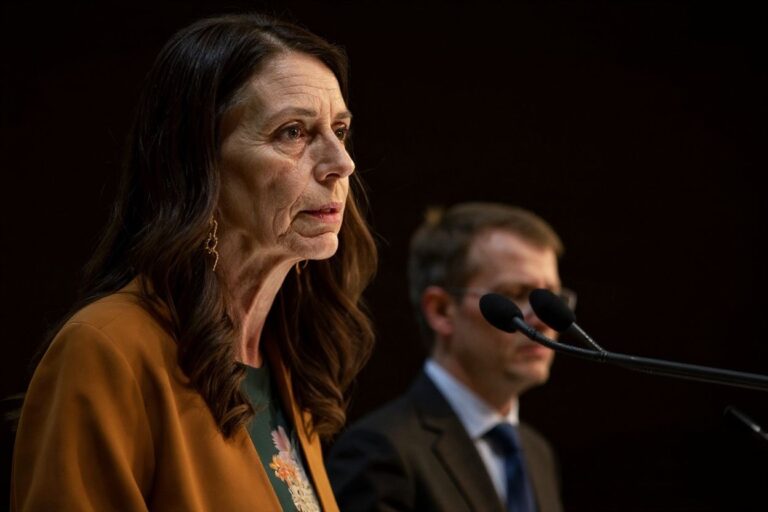
New Zealand will be allowing a small number of international students into the country next month, the country’s education minister Chris Hipkins announced Monday. It will reopen borders for 250 international students to continue their postgraduate studies in New Zealand, with the first batch likely to arrive in November, and the rest next year.
New Zealand’s borders have been closed to almost all foreign travellers for the better part of the year; the country temporarily suspended applications for temporary visas from outside New Zealand on Aug 10, 2020. Hipkin said this new exception “is a balanced decision that recognises the vital role international education will play in the recovery and rebuild of New Zealand and the need to continue the fight against the pandemic.”.
One of the most popular countries among international students, the move is set to welcome a good portion of master’s and PhD students who are caught off-shore and whose course needs to be completed in-person in New Zealand. “These are students who hold or held a visa for 2020, and whose long-term commitment to study here was disrupted by COVID-19. Priority will be given first to those who need to be in the country for the practical components of their research and study,” Hipkins said.
A small win for international students in New Zealand
Government announces a new border exemption category that will allow 250 international PhD and postgraduate students to enter New Zealand and continue their studies. https://t.co/dGzmaVmSYl
– Education New Zealand Manapou ki te Ao (@educationnz) October 12, 2020
Only a small number of international students will be able to enter New Zealand to “carefully manage” the demand on quarantine facilities and “the complex nature of bringing students back into the country,” according to Hipkins. “Allowing these students to travel to New Zealand is a step in the right direction for the international education sector. The government will review other possible border exceptions, as and when it is safe to do so,” he said.
The statement gave no mention of who would be footing the flight and quarantine bill, but universities have been urged to help international students return by paying for their two-week stint in isolation hotels.
“It would be a really good investment if institutions can consider bearing some of that cost and following up on a cost-sharing model, so that international students coming back in have that financial pressure alleviated. A lot of them will all have to pay for flights to get into the country, which will be undoubtedly exorbitant and we want to make sure students are being supported by institutions,” New Zealand International Students’ Association president Sabrina Alhady told RNZ.
Universities are treating the announcement as a pilot programme to be scaled up in the future. “We understand that this, as a first step, is about showing that we can safely bring students into New Zealand, without re-introducing COVID-19. But our hope will be we can scale it up next year once we’ve shown that first step can be done safely,” Universities New Zealand chief executive Chris Whelan told RNZ.
According to the country’s Ministry of Health, those entering New Zealand must stay in managed isolation or quarantine for at least 14 days and complete a health assessment and return a negative COVID-19 test before they can go into the community. In some circumstances, a COVID-19 test may not be considered appropriate and a health assessment will be completed instead.
Only New Zealand residents and citizens (and their children and partners) are permitted to enter New Zealand; those from any other country cannot enter New Zealand at this time unless they have specific grounds for exemption, such as being essential workers or for medical reasons.
Liked this? Then you’ll love…
How is the pandemic affecting international students in New Zealand?
Is New Zealand the best place to study renewable energy? Yes, says this Nepali scholar







